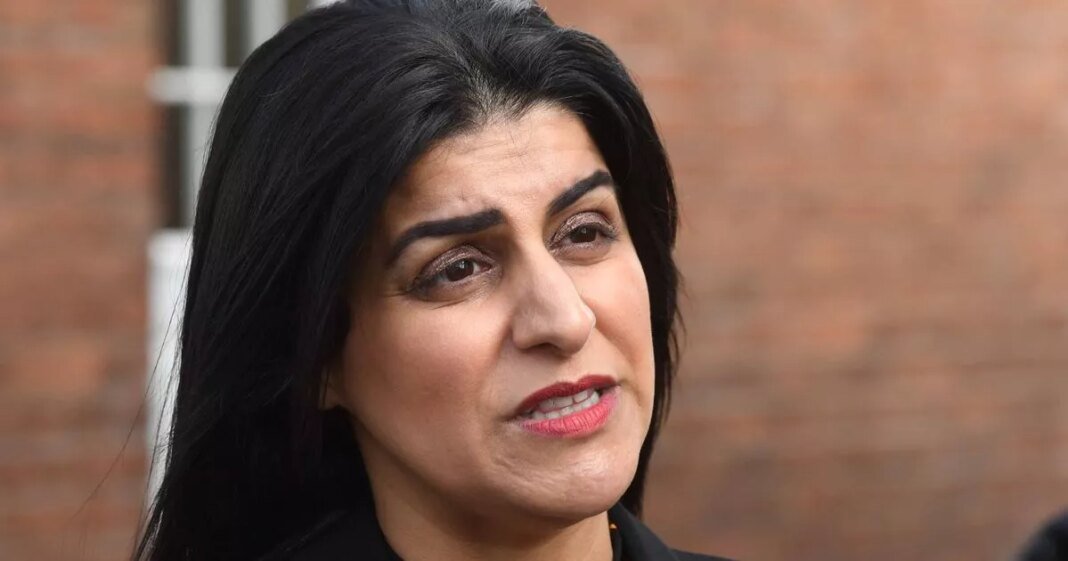Home Secretary Shabana Mahmood expressed strong disapproval following the High Court’s decision to halt the deportation of an asylum seeker to France. The Eritrean individual was scheduled for removal on Wednesday morning but was granted a temporary delay upon filing a legal challenge. This action was intended to make him the first person sent back under the new ‘one in one out’ arrangement.
Mahmood vowed to vigorously oppose the ruling, stating that last-minute efforts to obstruct deportations are unacceptable. She criticized the timing of migrants claiming to be victims of modern slavery just before their removal, arguing that such behavior undermines the country’s laws and generosity. The Home Secretary asserted her commitment to combatting frivolous eleventh-hour claims and protecting the priorities of the British public through legal means to safeguard the nation’s borders.
The man in question, whose identity remains undisclosed for legal reasons, was due to be flown to France at 9 a.m. on Wednesday. However, Mr. Justice Sheldon ruled in favor of granting him interim relief, allowing a 14-day window to challenge his deportation. Sonali Naik KC, representing the individual, argued in court that he faced a genuine risk of destitution if returned to France, citing concerns related to a trafficking claim and the man’s alleged vulnerability due to a gunshot wound on his leg.
During the proceedings, it was revealed that approximately a third of asylum seekers in France lack accommodation and receive a daily allowance of 7.50 euros. The Home Office disclosed that the man had traveled to Italy in April before entering the UK via France last month.
Kate Grange KC, representing the Home Office, contended in written submissions that despite the man’s claim of destitution, two charities had offered him accommodation if he sought asylum, implying that he had viable options available. The decision to halt the deportation was described as disappointing by Technology Secretary Liz Kendall, who emphasized that it would not impede the implementation of the broader agreement. This bilateral arrangement, established after Brexit, allows for the return of individuals arriving by small boat to France, with a reciprocal arrangement for legitimate claims to enter the UK.
Initially capped at around 50 individuals per week, the government aims to gradually increase the capacity of this return scheme in the future.

